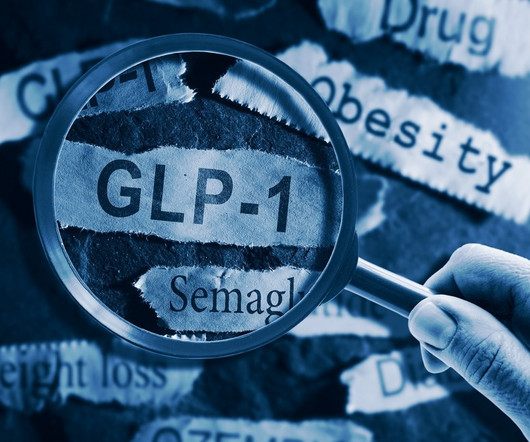How Your Emotional Health Impacts Blood Pressure
Imperial Center Family Medicine
MAY 5, 2025
Being aware of this intricate relationship is the first step to learning to control your emotions to improve heart health. Over time, this can cause persistent hypertension and extra strain on your cardiac system. Studies associate the two hours after an episode of rage with a higher risk of adverse cardiovascular events.














Let's personalize your content